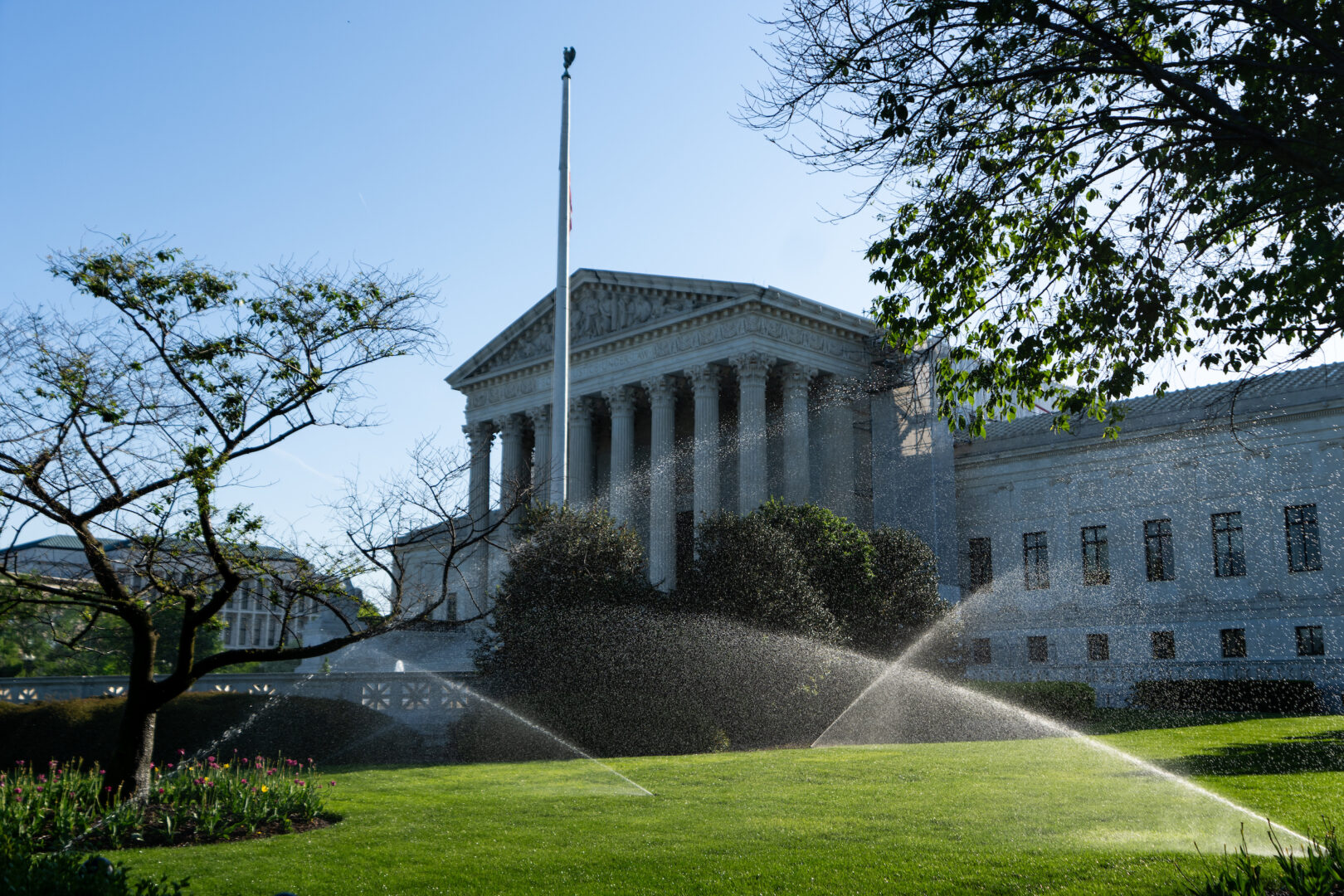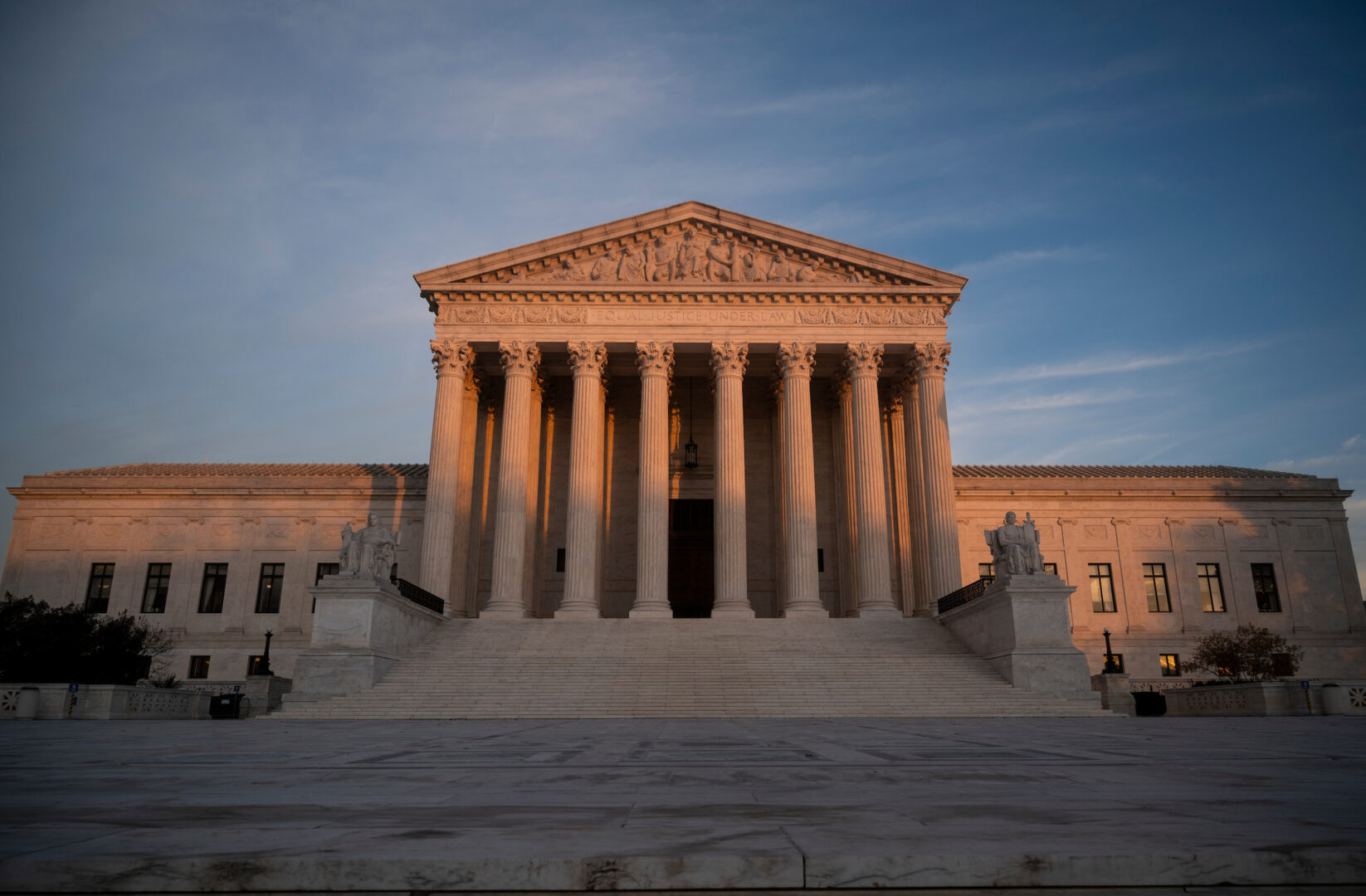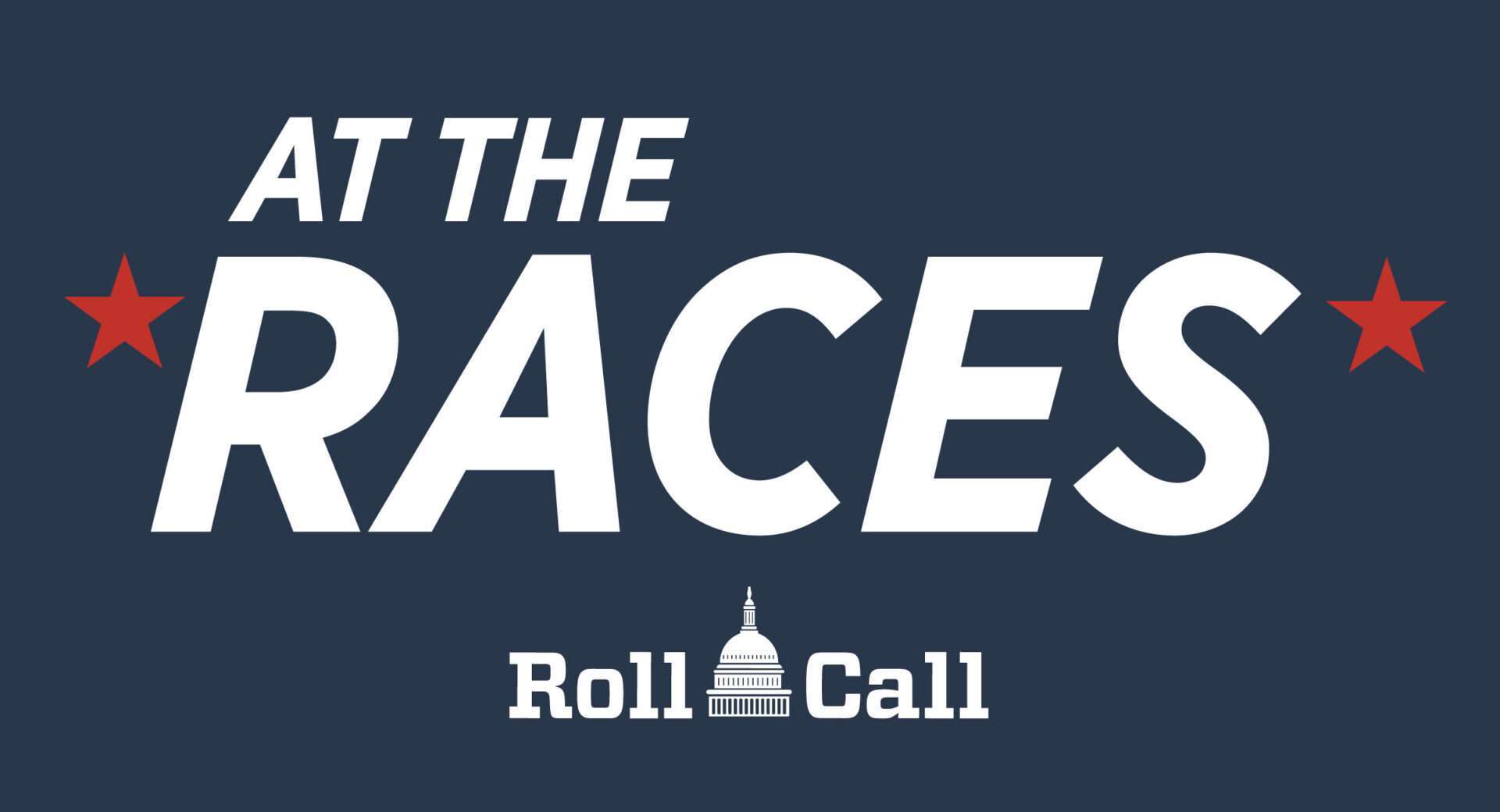Supreme Court to decide cases over online porn access, vapes
Announcement tees up issues for the next term starting in October

The Supreme Court announced Tuesday it will decide disputes over online access to pornography in Texas, Food and Drug Administration approval of e-cigarettes and a federal sentencing law, adding to the issues it will tackle in the next term that starts in October.
The Texas case, Free Speech Coalition v. Paxton, comes from challengers backed by the American Civil Liberties Union and other free speech groups to a state law which requires pornography websites to verify a user’s age before allowing them to access content “harmful to minors.”
The groups said the law places too many burdens on adults’ ability to access adult content to be constitutional, which includes exposing their personal information over the internet.
The challengers told the justices in a filing that the U.S. Court of Appeals for the 5th Circuit “openly defies” Supreme Court precedent on free speech to uphold the law.
“While purportedly seeking to limit minors’ access to online sexual content, the Act imposes significant burdens on adults’ access to constitutionally protected expression,” the petition said.
Texas has defended the law, arguing that the state has a vested interest in preventing minors from accessing pornography — one that would exist if the websites had brick-and-mortar locations.
“Petitioners instead insist that because they have moved their business online, the First Amendment allows them to provide access to nearly inexhaustible amounts of obscenity to any child with a smartphone,” Texas argued.
That means the justices set up a third straight term in which they will consider issues surrounding free speech online, which included a decision released Monday which sent back to the lower courts a dispute over separate laws in Florida and Texas seeking to regulate social media companies.
The court also agreed to decide a dispute over FDA approval of a new e-cigarette product, FDA v. Wages and White Lion Investments. The Biden administration has asked the justices to overturn a 5th Circuit decision which would allow the flavored e-cigarette on the market.
Solicitor General Elizabeth Prelogar, in a Supreme Court filing, said the FDA should have been able to deny the new flavored e-cigarettes from Triton Distribution and other companies under a 2009 law that gives the agency the ability to deny new tobacco products that could increase smoking among children.
Court records showed the companies sought approvals for flavors such as “Jimmy The Juice Man Peachy Strawberry,” “Iced Pineapple Express,” and “Killer Kustard Blueberry.” While the companies argued that the flavors could help adult smokers switch from normal cigarettes to e-cigarettes, the FDA found that the risk of increased youth smoking from the flavors was too great.
“FDA denied marketing authorization because it found insufficient evidence that the benefits provided by the flavored e-cigarette products outweighed the risks they posed,” the court brief said.
The companies have defended the 5th Circuit decision, arguing the FDA changed the rules for e-cigarette approval midstream to make sure their products did not make it to the market.
In another pair of cases, the justices agreed to decide disputes over whether defendants resentenced after the enactment of the 2018 sentencing overhaul law that sponsors dubbed the First Step Act would be subject to the law’s new, lower mandatory minimums for some crimes. The cases are Tony Hewitt v. U.S. and Corey Duffey v. U.S.
The justices have agreed to hear a few cases so far for next term, including a dispute over gender-affirming care for minors and Medicare reimbursement rates. The cases will likely be argued in October or November and decided by the end of the court’s next term in June 2025.
The Supreme Court on Tuesday also sent dozens of cases back to lower courts to relitigate following the justices’ decisions this term on federal obstruction of justice, gun rights and administrative law.
The justices will likely not add any more cases to their docket until at least July 22.





